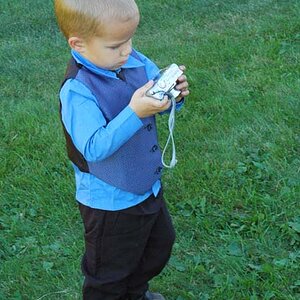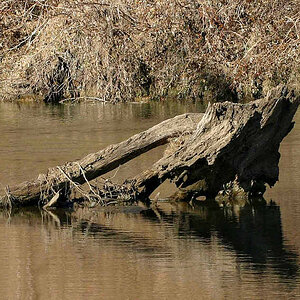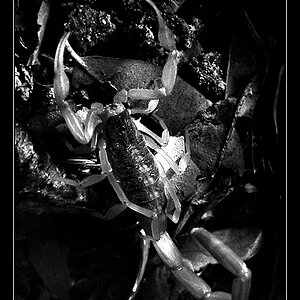bcshort
TPF Noob!
- Joined
- Jun 12, 2009
- Messages
- 54
- Reaction score
- 2
- Location
- Tasmania, Australia
- Website
- www.benshortphotography.com
- Can others edit my Photos
- Photos NOT OK to edit
Hi All,
As we all know, a sad fact of photography online is that if you put something up, it can be used by other people without your permission, but if you put nothing up, then it's just that much harder to sell your product.
I was just wondering how people monitor their copyright? Dod you go through google from time to time? do you wait for people to contact you to let you know? do you employ a service provider to do the hard work for you?
Having recently had to investigate an infringement of my work, I'm thinking there has to be an easier way than googling and crossing your fingers...
As we all know, a sad fact of photography online is that if you put something up, it can be used by other people without your permission, but if you put nothing up, then it's just that much harder to sell your product.
I was just wondering how people monitor their copyright? Dod you go through google from time to time? do you wait for people to contact you to let you know? do you employ a service provider to do the hard work for you?
Having recently had to investigate an infringement of my work, I'm thinking there has to be an easier way than googling and crossing your fingers...










![[No title]](/data/xfmg/thumbnail/36/36393-86ce601930c671b92b6df002b7fcbd0b.jpg?1619737548)


